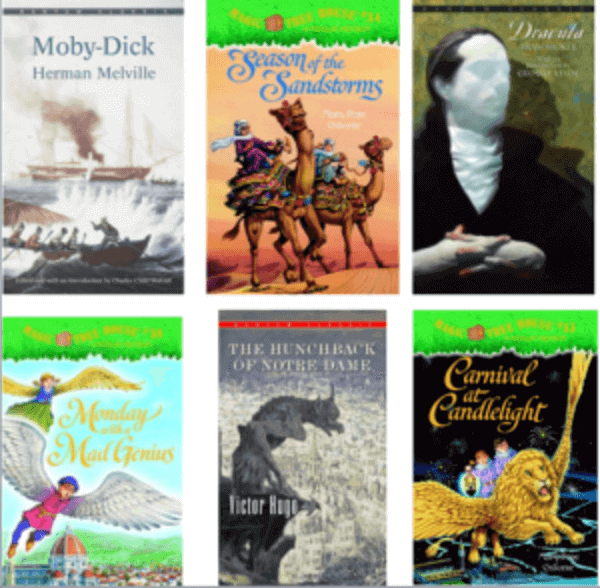Worldreader, the non-profit that distributes e-readers to developing countries to improve literacy, is on something of a roll. Although the organization is not a proof-of-concept by design, it is by example.

Last month, the group penned an agreement with Amazon and African publishers to bring African lit to kids in Ghana, as well as support African writers and publishers. Now Random House has signed on for Worldreader’s iREAD advanced pilot project in Ghana.
Random House is one of the screaming metal juggernauts of publishing. The contribution of their catalog for free is going to vastly increase the size of the global library the kids in this project have access to. And many of the titles will be familiar to most of you out there: Peter Pan, The Secret Garden, Moby Dick, Sherlock Holmes, Alice in Wonderland, the Magic Treehouse series and thousands more. (The latter was particularly popular in Worldreader’s initial trial in Ghana.)
Alright. All very nice of course. There are practical aspects to consider, though. In addition to the fact that literate kids who are comfortable around tech mean we’ll all keep doing what we’re doing. Writers, readers and Random House itself may gain materially from such projects. If these kids grow up reading, and reading Random House authors, it may help to make Random House viable in the future. It may help to prove the viability of books, as a form if not a format.

Worldreader.org’s Susan Moody Prieto:
“To help create a deep culture of reading, we there’s nothing better to get children ‘hooked’ than a great series books, and once you start reading about Jack and Annie’s tree-house adventures with dinosaurs, mummies, and pirates, you don’t want to stop.”
Will a group of kids in Africa save the publishing industry? No. But thousands of groups of them around the world might.

















